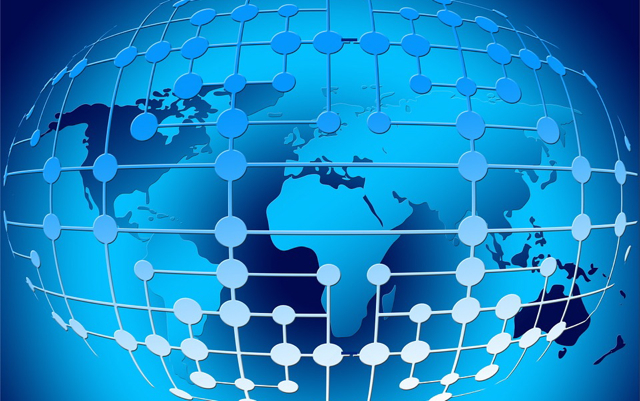India Drafts Regulations to Protect Domestic Tech Companies
August 15, 2018
Although India is one of the world’s biggest, largely untapped open markets, the government there is attempting to control the influence of such U.S. tech companies as Amazon, Apple, Facebook, Google and others. Mimicking China’s regulations to control and protect its population’s data and domestic startups, Indian lawmakers are proposing regulations that are worrying to U.S. tech behemoths that have been eyeing the country — and creating plans to enter it — as a potential source of billion-dollar profits.
The Wall Street Journal reports that it was able to see a draft of “a new e-commerce policy,” which outlines new rules for ““encouraging domestic innovation and boosting the domestic digital economy to find its rightful place with dominant and potentially non-competitive global players,” and calls for a “level playing field.”
“It is unprecedented and it needs to be taken very seriously,” said Bangalore-based technology lawyer Vinay Kesari, who has worked with U.S. tech firms. “It could have huge implications.” The draft policy also covers rules for data created by Indian users on social media, search engines and e-commerce sites, saying that it needs to be “stored exclusively in India” and that the government would have access to it.
The draft also “suggests closing some of the loopholes that allow foreign e-commerce companies to skirt restrictions on foreign ownership of retail.”
India sees how China’s restrictions have resulted in that country creating its own giant tech brands, including Alibaba Group Holding and Tencent Holdings, and hopes that its own regulations would do the same for its home-grown innovators. According to Bain & Co., India has 390 million Internet users, second only to China, and eMarketer estimates its e-commerce market will be $33 billion this year, three times its 2015 value.
Currently, Amazon — which spends $5 billion in India — “dominates the e-commerce market” there, along with homegrown alternative Flipkart, that Walmart bought for $16 billion early in the year. Google, Facebook and its WhatsApp messaging service also have “hundreds of millions of Indian users and typically use servers around the world.”
Counterpoint analyst Tarun Pathak said that if these companies have to use local data centers, it “would be costly and could prove disruptive to their operations.” U.S. tech companies also “typically want to protect data from government snooping except in extreme cases.” India, however, experienced “a spate of lynchings triggered by rumors spread on WhatsApp,” and Indian authorities “want more control to see who is spreading rumors and try to stop them.”


No Comments Yet
You can be the first to comment!
Sorry, comments for this entry are closed at this time.